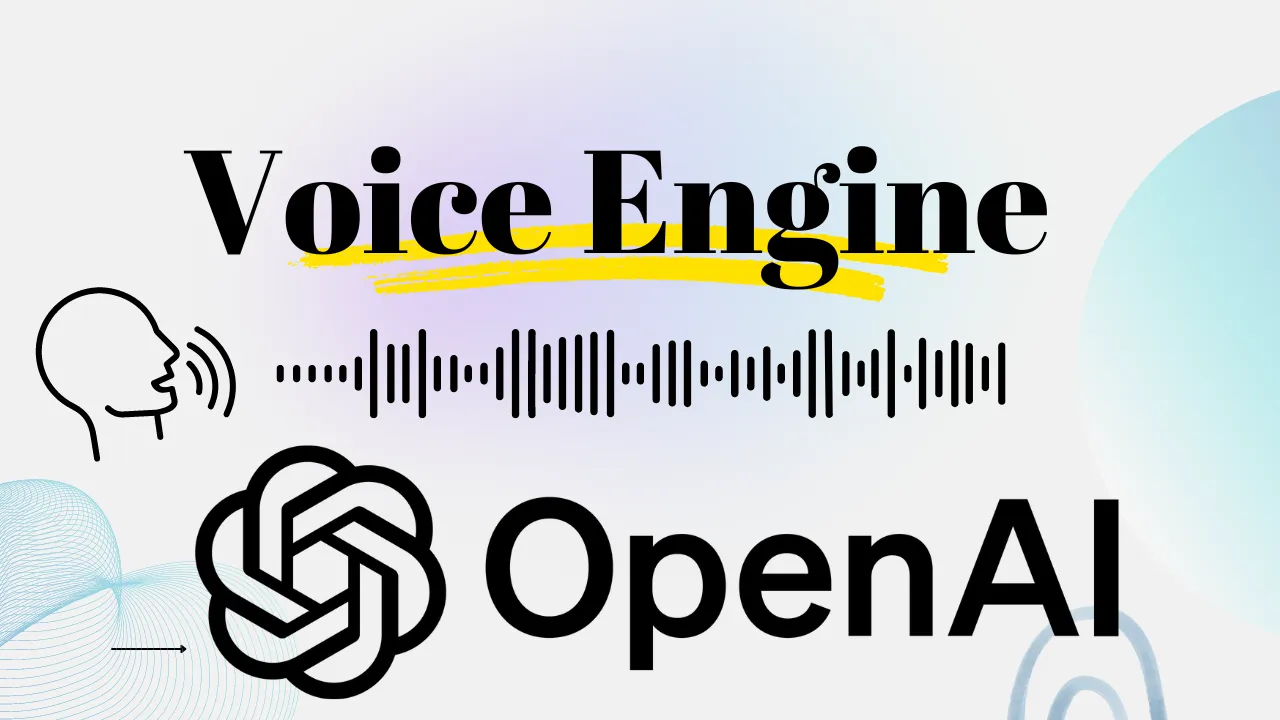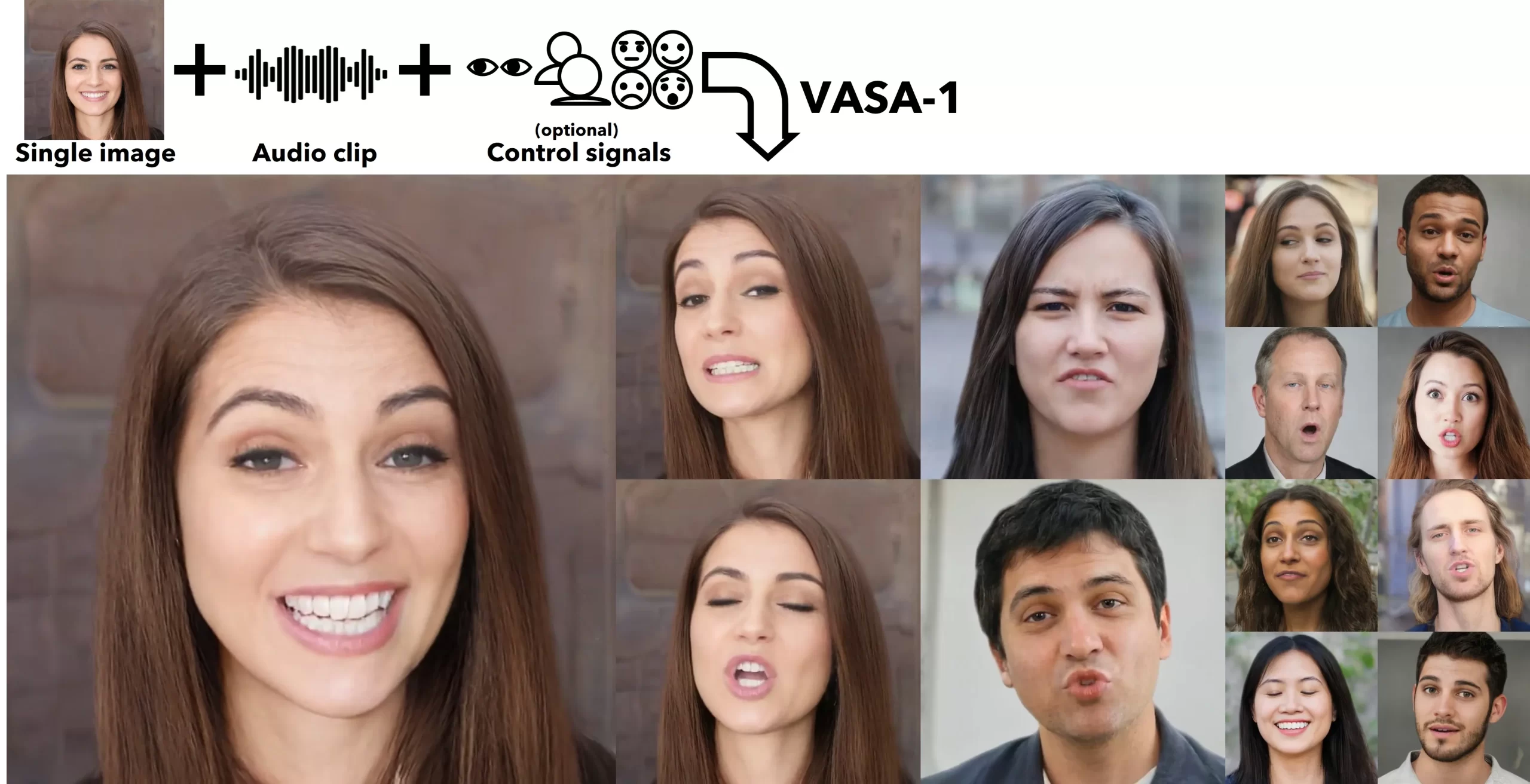OpenAI, a leading artificial intelligence research company, recently shared details and preliminary insights from a small-scale private testing of their synthetic voice generation model called “Voice Engine“. This advanced language model can generate natural-sounding speech that closely mimics a person’s voice from just a short 15-second audio sample and text input.
While synthetic voice technology has immense potential benefits, OpenAI acknowledges the serious risks involved and is taking a cautious approach before any broader release. The company aims to initiate a dialogue around the challenges and safeguards needed as society adapts to these powerful new AI capabilities.
Early Applications and Use Cases
To better understand the real-world applications, OpenAI privately tested Voice Engine with a select group of trusted partners over the past year. Some promising early use cases that have emerged include:
Reading Assistance: Generating expressive synthetic voices across diverse speakers to provide reading assistance for non-readers, children, and language learners. Age of Learning used it to create engaging AI-powered tutors.
Content Translation: Translating videos, podcasts and other content into multiple languages while preserving the original speaker’s accent and vocal characteristics to reach global audiences. Synthesia leveraged it for multilingual video translation.
Community Outreach: Improving access to essential services like health counselling in remote areas by generating locally relevant voices and dialects on-demand. Dimagi explored this for maternal health initiatives.
Accessibility: Offering more personalized and natural-sounding synthetic voice options for non-verbal individuals using assistive speech communication apps like Livox.
Medical Voice Restoration: Restoring the voices of patients who have lost fluent speech due to neurological conditions using a short pre-recorded voice sample.
Addressing Ethical Concerns
While excited about the potential benefits, OpenAI is taking measured steps to address the risks of misuse and impersonation:
- Strict usage policies prohibit impersonating real individuals without explicit consent
- Technical measures to detect and block the generation of voices too similar to public figures
- Emphasis on transparent disclosure whenever synthetic voices are used
- Advocating to bolster societal resilience through education and revised authentication standards
OpenAI believes any wide deployment of this technology should be coupled with robust voice authentication experiences that verify consent and ownership.
Uncertain Path Forward
For now, OpenAI has decided against an open release of Voice Engine. Instead, the company hopes this limited preview will “motivate the need to bolster societal resilience” and spur broader discussions around strengthening policies and safeguards.
Some key areas highlighted include phasing out voice authentication for security, protecting individuals’ voice rights, educating the public on AI capabilities, and accelerating techniques to authenticate the origin of synthetic media.
OpenAI remains committed to developing AI responsibly and aims to facilitate crucial multi-stakeholder conversations with policymakers, developers, creatives and others as synthetic voice technology rapidly evolves.
The blog post demonstrates both the immense potential and risks of this powerful new AI capability. While transformative applications are emerging, OpenAI’s cautious stance underscores the importance of proactive governance to ensure synthetic voice technology benefits society while preventing misuse.




